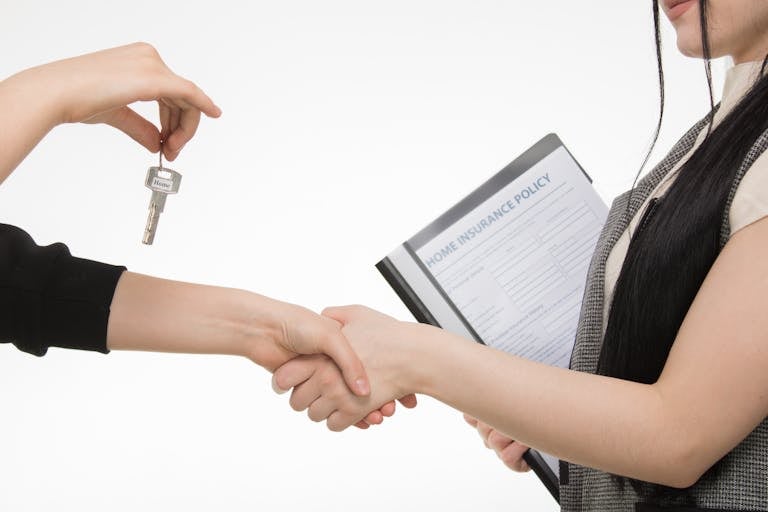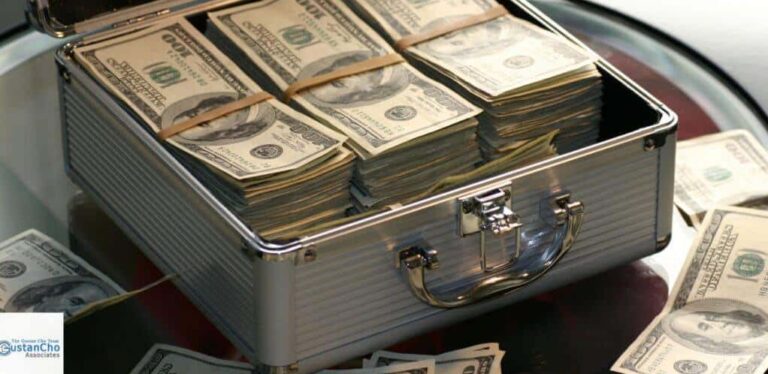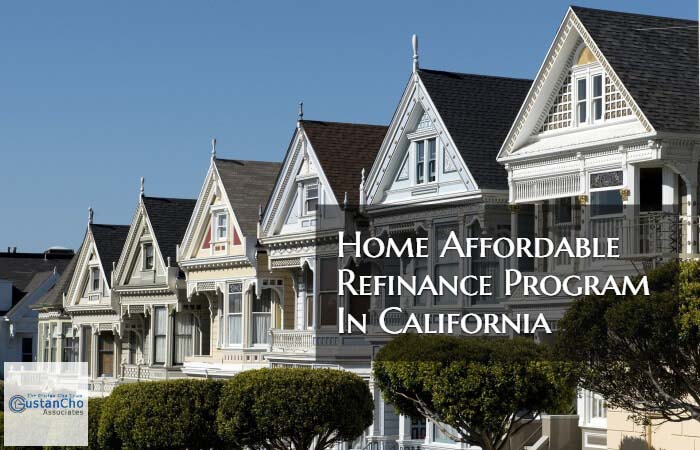Homeowners Should Consider Refinancing Due To Low Rates
With mortgage rates trending downward in 2025, homeowners should consider refinancing. They can lower their monthly payments, cut long-term interest costs, and even tap into equity. Now may be the perfect time if you haven’t explored refinancing yet. At Gustan Cho Associates, we specialize in helping homeowners take full advantage of low-rate environments especially those denied elsewhere. Here’s what you need to know about why refinancing now could save you thousands.
Mortgage Rates Are Dropping: What It Means for You?
After hovering above 7% in 2024, average mortgage rates have dipped to the low 6% range with some borrowers qualifying for even lower rates depending on credit and loan type. Why this matters? Reducing your interest rate by 1% can translate into major monthly savings. Over the life of a 30-year mortgage, that could add up to tens of thousands in savings. This is a good reason why homeowners should consider refinancing.
Refinance Today and Take Advantage of Low Mortgage Rates!
Contact us today to see how much you can save by locking in a low rate!
Top Benefits of Refinancing in a Low-Rate Environment
Homeowners should consider refinancing due to the following benefits:
- Lower Monthly Payments
The most obvious benefit is refinancing into a lower rate immediately reduces your monthly mortgage payment, freeing up cash for savings, bills, or investments. - Reduce Total Interest Paid
Even a slightly lower rate can lead to major long-term savings. If you refinance early in your loan term, it’s possible to save thousands sometimes even tens of thousands in interest over the life of your loan. - Change Loan Terms
If your goal is to own your home faster, consider refinancing into a 15- or 20-year mortgage to shorten your term and benefit from today’s low rates. - Tap Into Home Equity (Cash-Out Refinance)
Home values have risen across many markets. Refinancing allows you to access equity for home renovations, paying off high-interest credit cards, college tuition, and medical expenses. - Eliminate Private Mortgage Insurance (PMI)
If your home has gained enough value, refinancing into a conventional loan may allow you to remove PMI, further reducing your monthly costs.
Homeowners Should Consider Refinancing: Rules & Regulations
There are rules and regulations for a mortgage loan originator to refinance your mortgage loan. A licensed mortgage loan officer can only refinance your mortgage if and only if there is a net tangible benefit to you as a homeowner. By net tangible benefit, you as a homeowner needs to have at least a 5% or more reduction of your housing payment after the refinancing mortgage.
The first and main reason why homeowners do refinancing on their home loans is due to the mortgage rate reduction.
By doing a rate and term refinance, many homeowners can save hundreds of dollars in interest expense and can greatly reduce their monthly housing payments. This can mean tens of thousands in savings over the life of the mortgage loan.
Common Refinance Options
- Rate-and-Term Refinance
Replace your existing mortgage with a new one at a lower interest rate or different term—no cash taken out. - Cash-Out Refinance
Borrow more than you owe on your mortgage and receive the difference in cash, based on your home’s equity. - FHA Streamline Refinance
For current FHA loan holders, this simplified process requires no income verification or appraisal. - VA IRRRL (Interest Rate Reduction Refinance Loan)
For veterans with VA loans, this offers a fast way to lower monthly payments with minimal documentation.
FHA Streamline Refinance Mortgage

If you currently have an FHA insured mortgage loan at a rate of 4.75% or higher, you may do an FHA streamline refinance mortgage loan. With an FHA streamline refinance, no appraisal is required, no income verification is required so the debt to income ratios will not be an issue. No credit minimum is required so you can have bad credit as long as you have been timely on your mortgage payments for the past 12 months. FHA has also lowered the FHA annual mortgage insurance premium from 1.35% to 0.85% on FHA 30 year fixed rate mortgage loans. This is a huge saving for FHA borrowers.
Don’t Miss Out on Low Rates! Refinance and Save
Contact us now to see how refinancing can help you reduce your payments and save on interest!
Homeowners Should Consider Refinancing With Cash-Out Refinance
Homeowners should consider refinancing if they have equity in their homes. They can do a cash-out refinance mortgage loan. Cash-out proceeds from a refinance mortgage are tax-free and you can use the proceeds to pay off high-interest credit cards, high-interest debt, investments, start up a child education fund, or other ways that may suit you with no questions asked. The maximum cash out on an FHA insured mortgage loan is up to 85% loan to value. You need to wait six months to do a rate and term refinance FHA loan from the home purchase date. You need to wait one year from the home purchase date to do a cash-out FHA refinance mortgage loan.
Who Should Consider Refinancing Now?
Homeowners should consider refinancing if they have a rate above 6.5%, their home has significantly increased its value, their credit score has improved since they got their loan, they want to change from an ARM to a fixed-rate loan, or they want to cash out some of their home equity.
What to Consider Before Refinancing?
Homeowners should consider refinancing but, before jumping in, think through the following:
- Closing Costs
Refinancing isn’t free. Typical costs range from 2% to 5% of the loan amount, so it’s important to calculate your break-even point—how long it takes for the savings to cover those costs. - How Long You Plan to Stay in the Home?
If you plan to move within a couple of years, the savings may not outweigh the costs. But if you’re staying long-term, the benefits can be massive. - Your Credit Score and Debt-to-Income Ratio
A better credit profile may qualify you for lower rates. Even if your credit isn’t perfect, Gustan Cho Associates can help find a solution other lenders might overlook.
Waiting Period To Refinance After Home Purchase On Conventional Loans
Homeowners should consider refinancing with a conventional loan. The waiting period is six months from the date of purchase to either do a rate and term refinance mortgage loan or a cash-out conventional refinance mortgage loan. A maximum loan to value for a cash-out refinance conventional loan is 80% loan to value.
Frequently Asked Questions: Why Homeowners Should Consider Refinancing Due to Low Rates?
1. Why is now a good time to refinance my mortgage?
Homeowners should consider refinancing because mortgage interest rates have dropped to some of the lowest levels in recent years. If your current rate is higher than what’s available now, refinancing could reduce your monthly payments, lower the total interest paid over the life of your loan, or help you access home equity.
2. What are the potential savings if I refinance my mortgage?
Savings depend on your current interest rate, loan balance, and new rate. Many homeowners save hundreds of dollars per month and tens of thousands over the life of the loan. Use a refinance calculator to estimate your specific savings.
3. What is the break-even point in a refinance?
It’s the point in time when the savings from a lower payment make up for the closing costs of the refinance. For example, if refinancing costs $3,000 and you save $200/month, you break even in 15 months. After that, the savings are yours to keep.
4. What are the common reasons to refinance?
Homeowners should consider refinancing due to the following reasons. To have a lower interest rate, to reduce payments monthly, switch from an ARM to a fixed-rate loan, to shorten your loan term (e.g., from 30 to 15 years), take cash out for debt consolidation or home improvements, and lastly, to remove PMI (private mortgage insurance).
5. Can I refinance if I have bad credit?
Homeowners should consider refinancing even if you have bad credit, but your options may be limited. FHA and VA streamline refinances are available with more flexible credit requirements. At Gustan Cho Associates, we offer no lender overlays, which means we approve many borrowers other lenders deny.
6. Do I have to restart a 30-year term when I refinance?
No. You can pick a new loan term that fits your goals. You might stick with your current term, shorten it to 15 or 20 years, or even reset to a new 30-year mortgage if it lowers your payment.
7. What are the costs involved in refinancing?
Refinancing usually includes closing costs of 2% to 5% of the loan amount. This can include appraisal fees, lender fees, title fees, and more. Some borrowers choose to roll these costs into their new loan balance.
8. Will refinancing hurt my credit score?
A refinance typically triggers a hard inquiry, which may lower your score slightly. However, the long-term benefit of better loan terms usually outweighs this temporary dip.
9. Can I refinance if my home value has increased?
Absolutely! Homeowners should consider refinancing If your home has gained equity, you may qualify for better loan terms or be eligible for a cash-out refinance, where you borrow more than you owe and take the difference as cash.
10. How long does it take to refinance a mortgage?
Most refinance loans close in 30 to 45 days, though some streamlined programs (like FHA or VA Streamline) can close even faster due to reduced documentation requirements. This is why homeowners should consider refinancing.
For more information about why homeowners should consider refinancing due to low rates, please contact us at Gustan Cho Associates at 800-900-8569 or text us for a faster response. Or mail us at gcho@gustancho.com. The team at Gustan Cho Associates is available 7 days a week, evenings, weekends, and holidays.
Refinance Now to Secure Lower Rates and Save Money
Contact us today to explore your refinancing options and save on your mortgage.






